From Paul Kersey to Batman, vigilantism is a terrific vehicle for creating a compelling antihero. Since the justice system often fails to do its job in the real world, moviegoers enjoy watching the on-screen fantasy of somebody taking the law into their own hands and bringing people who have wronged them to justice.
Michael Winner’s gritty 1974 gem Death Wish is the quintessential vigilante movie – it practically defined the genre, and it’s the first movie to come up in discussions of vigilante thrillers – but there are plenty of other great movies about antiheroes doling out their own particular brand of justice.
Death Wish (1974)
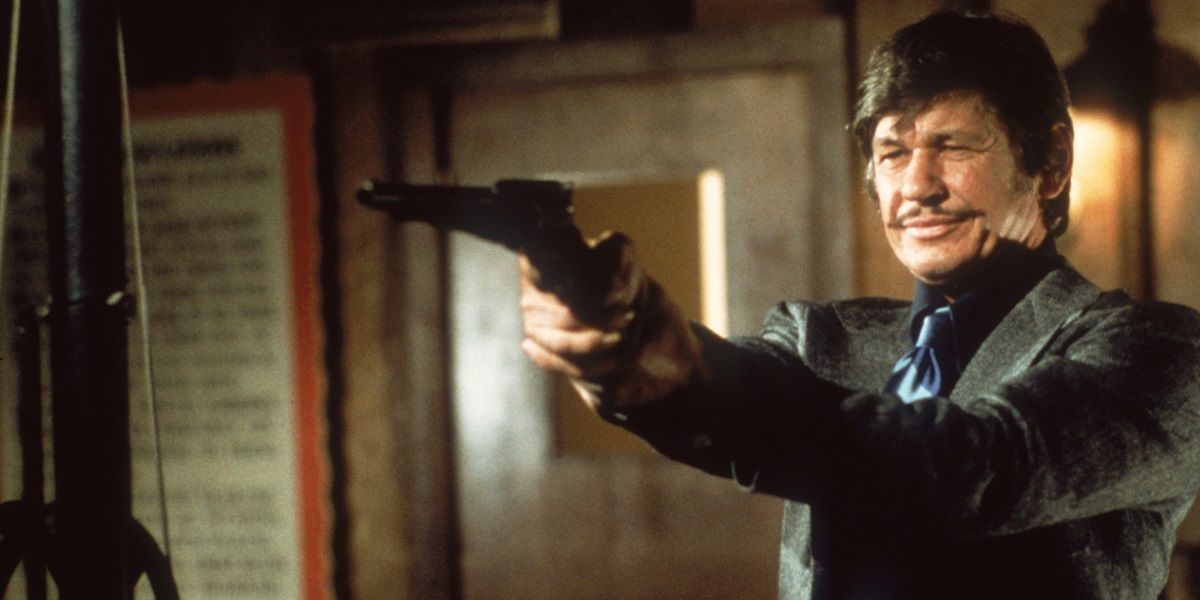
Charles Bronson gave a career-defining performance in Michael Winner’s Death Wish as Paul Kersey, an architect who seeks grisly vigilante justice when home invaders murder his wife and sexually assault his daughter.
In the mid-‘70s, Death Wish arrived as a huge hit in an America with increasing crime rates. Audiences enjoyed the revenge fantasy of a regular everyman fighting back when his family is devastated by crime and failed by the justice system.
Taken (2008)
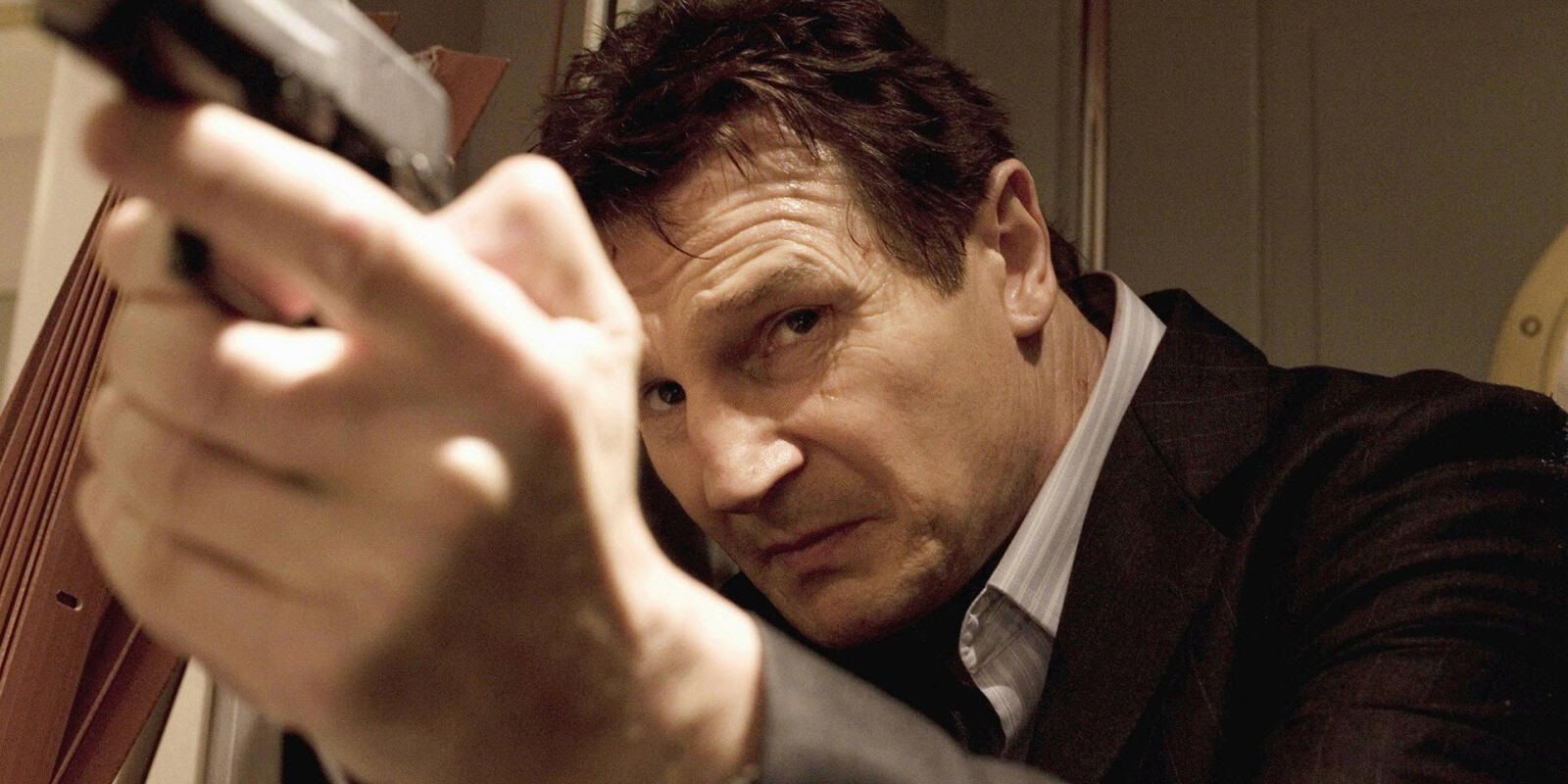
Bryan Mills once worked for the CIA, following the orders of his government, but when his daughter is in danger, he acts on his own authority. Everybody can relate to a parent’s relentless quest to save their kid. Mills is retired from the CIA at the beginning of Taken, but quickly springs back into action when his daughter is abducted on vacation in Paris.
Liam Neeson reinvented his career and became one of action cinema’s most beloved stars with this unexpected hit. It ended up pioneering the “geriaction” subgenre, creating opportunities for older actors in action cinema.
First Blood (1982)
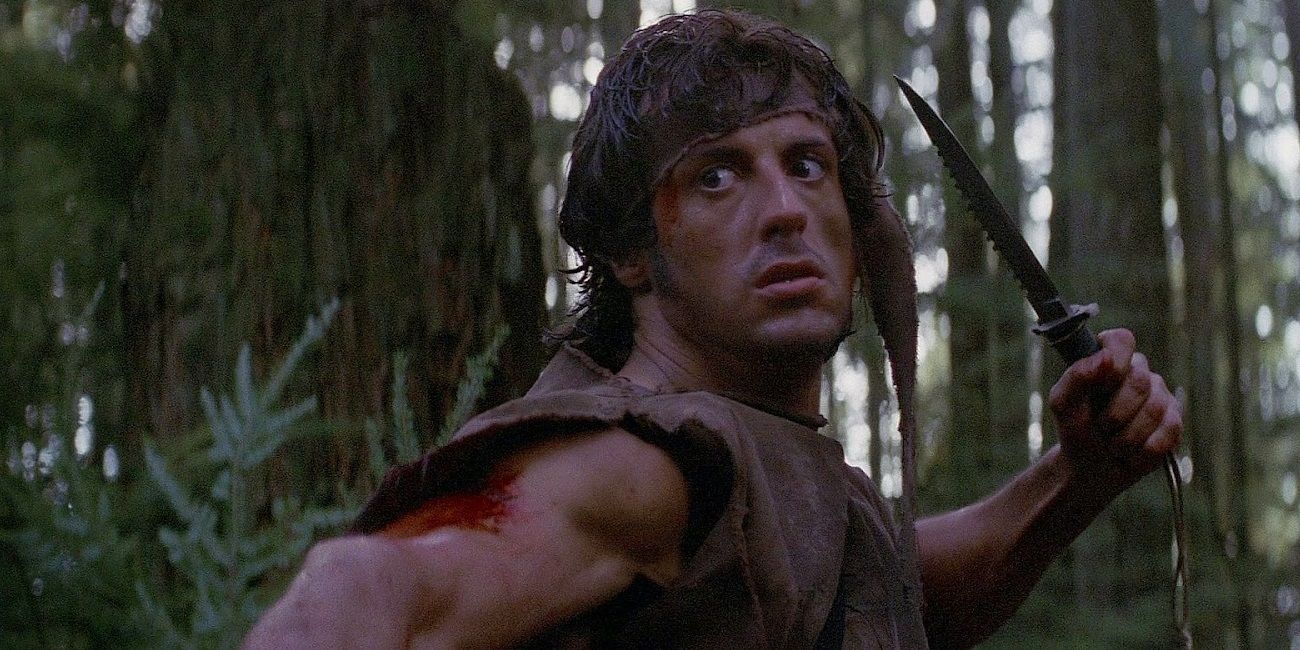
Although the Rambo franchise quickly evolved into something else entirely, its initial entry First Blood was a poignant commentary on the treatment of Vietnam War veterans after they got home. Rambo is run out of town by the police chief and arrested when he refuses to leave.
His PTSD is triggered by the cops’ use of excessive force and he escapes from the police station and steals a motorcycle. The police launch a futile manhunt through the woods. Rambo was later turned into a killing machine, but in First Blood, he didn’t want to kill anyone.
God Bless America (2011)
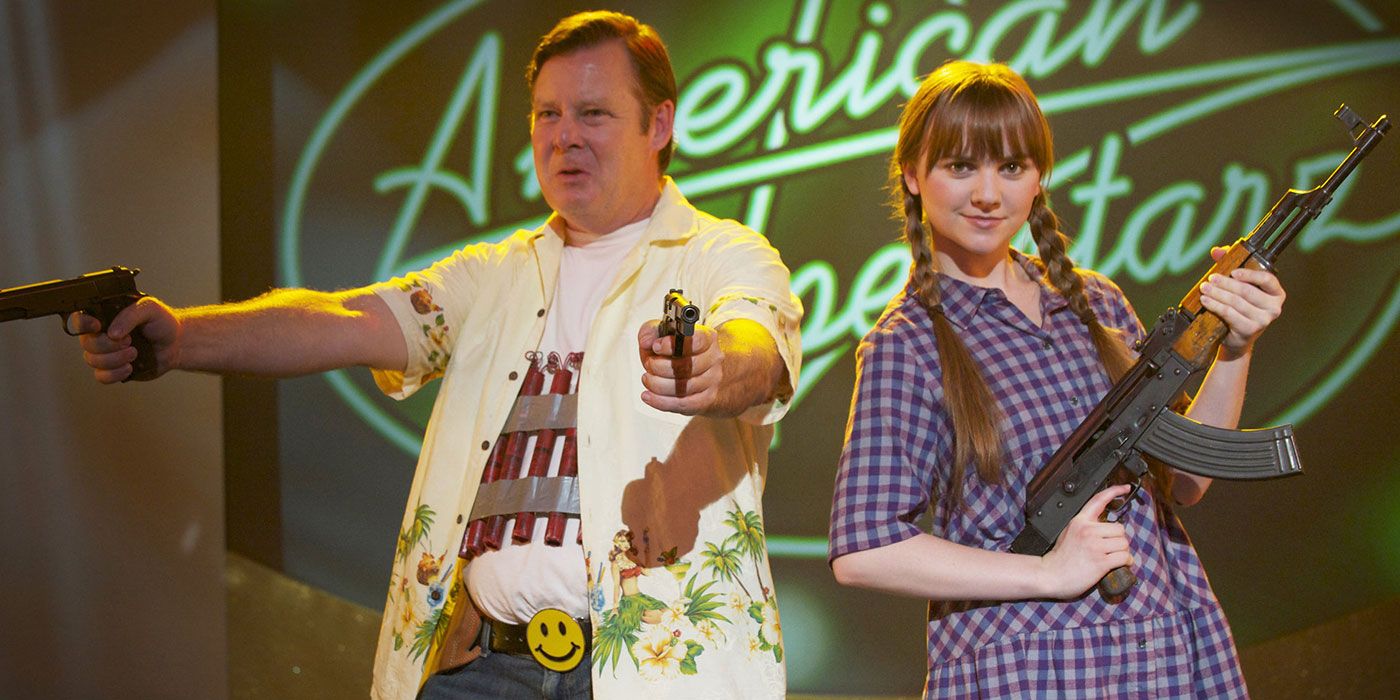
Bobcat Goldthwait started out as a standup comic before becoming a writer-director and gracing the big screen with some of its darkest comedies. The darkly comic tone of God Bless America is what makes it work so well.
It’s about a middle-aged man and a teenage girl who bond over being disillusioned with modern American culture and go on a killing spree to send a satirical message.
Kill Bill (2003-4)
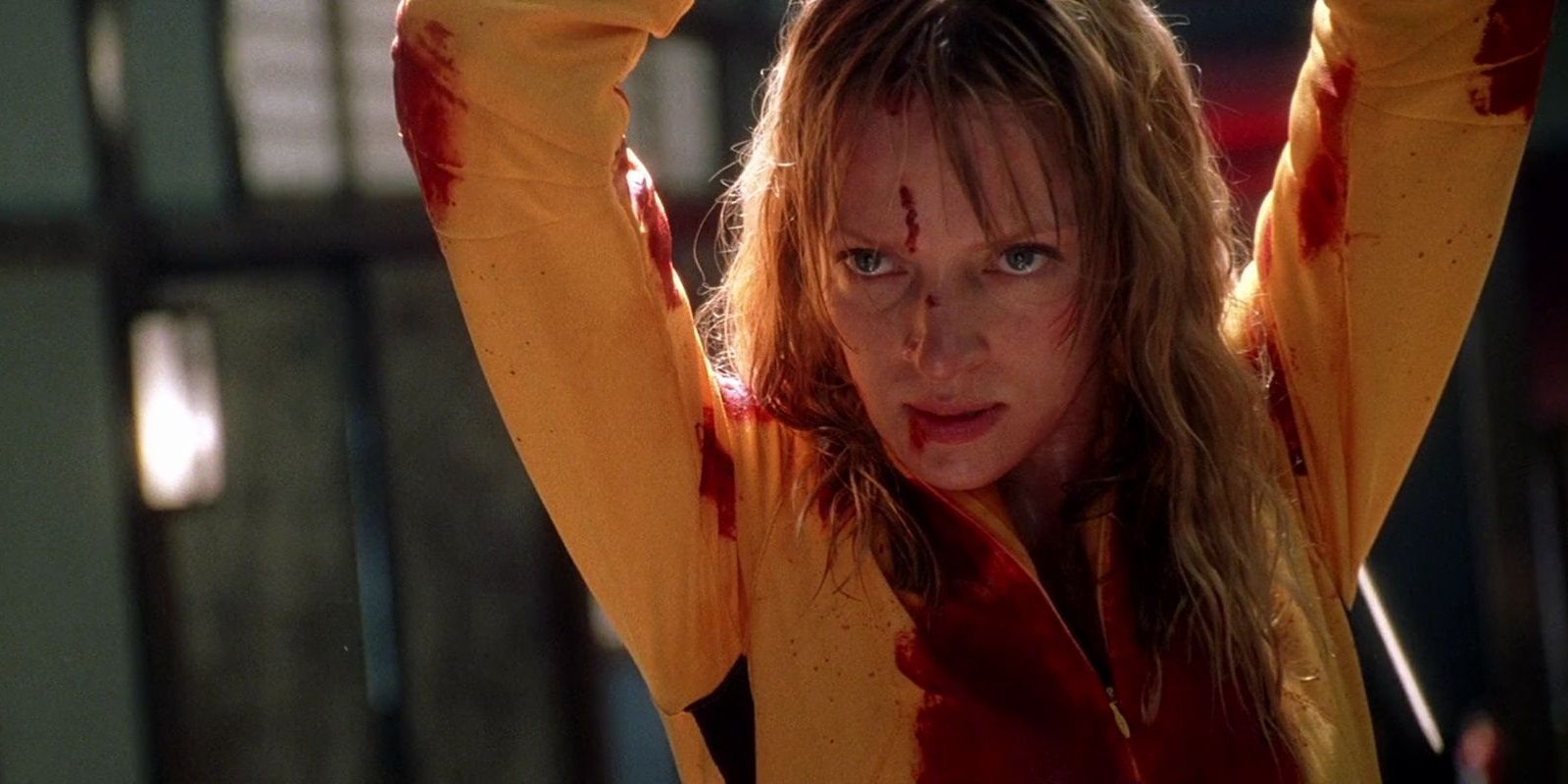
In the opening scene of Kill Bill, the Bride is attacked and left for dead on her wedding day. Years later, she awakens from her coma and, as far as she knows, she was her old assassin colleagues tried to kill her while she was pregnant and she lost the baby, so she compiles a list of the people who wronged her and sets out to kill them one by one.
Quentin Tarantino and Uma Thurman conceived the character of the Bride on the set of Pulp Fiction and a decade later, the two-part opus that tells the story of her revenge finally made it to screens.
Falling Down (1993)
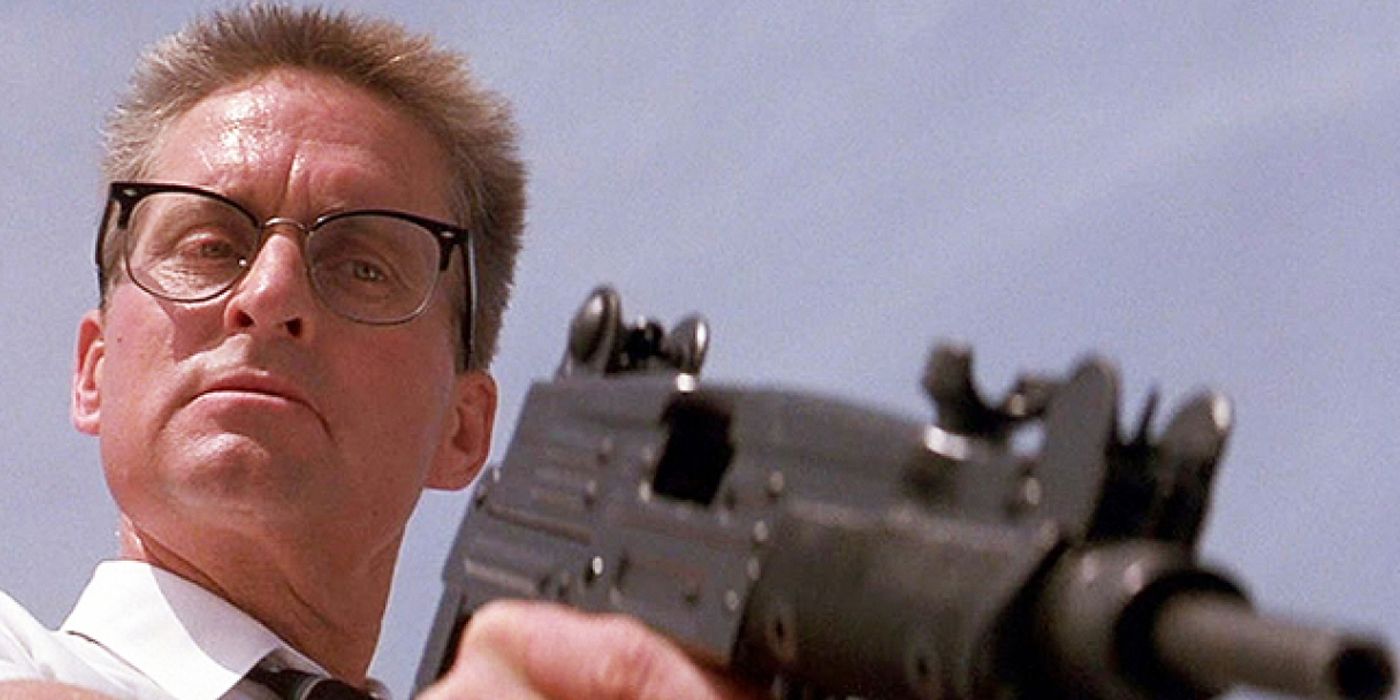
On the morning of a typical day, office drone Michael Douglas is sitting in traffic on the way to his mundane job in the blistering heat and decides to just abandon his car and go on a crime spree across the city.
His crimes aren’t random – they express his frustrations with society, like shooting up a fast food restaurant to force them to serve him breakfast a couple of minutes after the deadline.
You Were Never Really Here (2017)
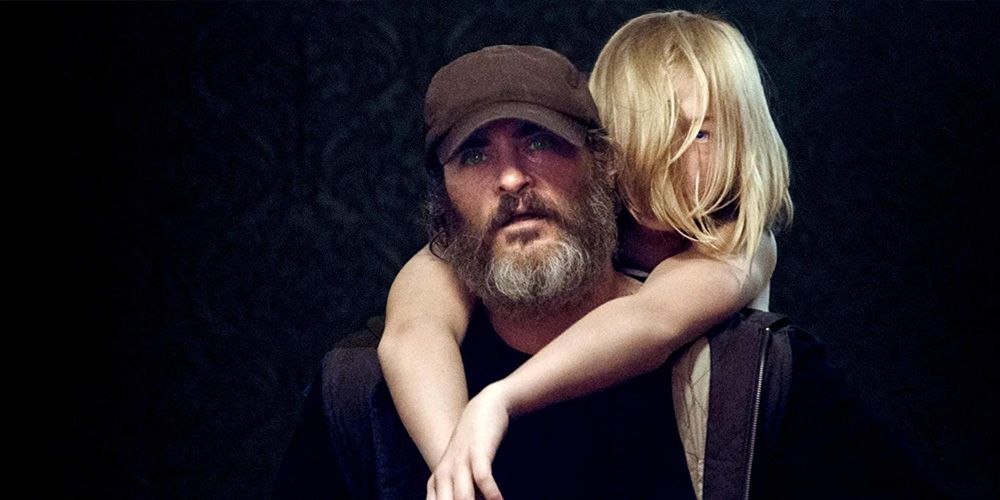
Lynne Ramsay knocked it out of the park yet again with You Were Never Really Here, a subversively minimalist take on an ultraviolent crime thriller. The gritty realism highlights the brutality of hammer-based vigilante justice. Traumatized by a childhood of abuse and a wartime experience with trafficked women, disturbed veteran Joe (Joaquin Phoenix) spends his days tracking down missing girls and returning them to their families.
When he liberates a politician’s daughter from a brothel, he’s unwittingly drawn into a widespread conspiracy that costs him everything. Phoenix arguably gave a much stronger performance as a brooding loner with mommy issues in You Were Never Really Here than in Joker.
Dirty Harry (1971)
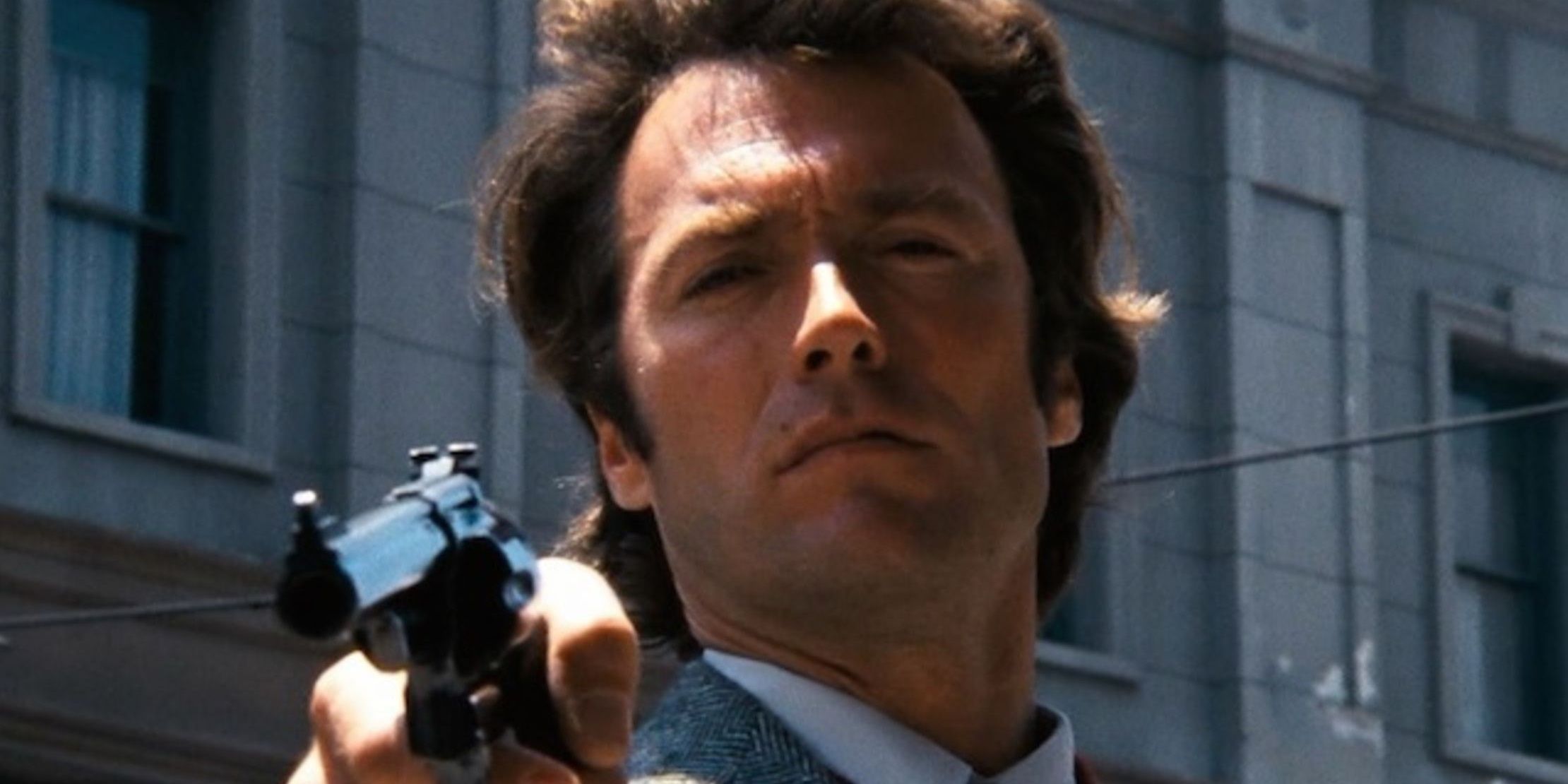
Harry Callahan, one of Clint Eastwood’s most essential roles (along with Will Munny, Walt Kowalski, and the Man with No Name), is a cop who operates outside the law. He’s constantly reprimanded by the mayor, which he sees as a small price to pay to get the job done.
In the first Dirty Harry movie, Callahan takes on a sadistic serial killer that the police force is powerless against. He was based on the Zodiac killer.
Coffy (1973)
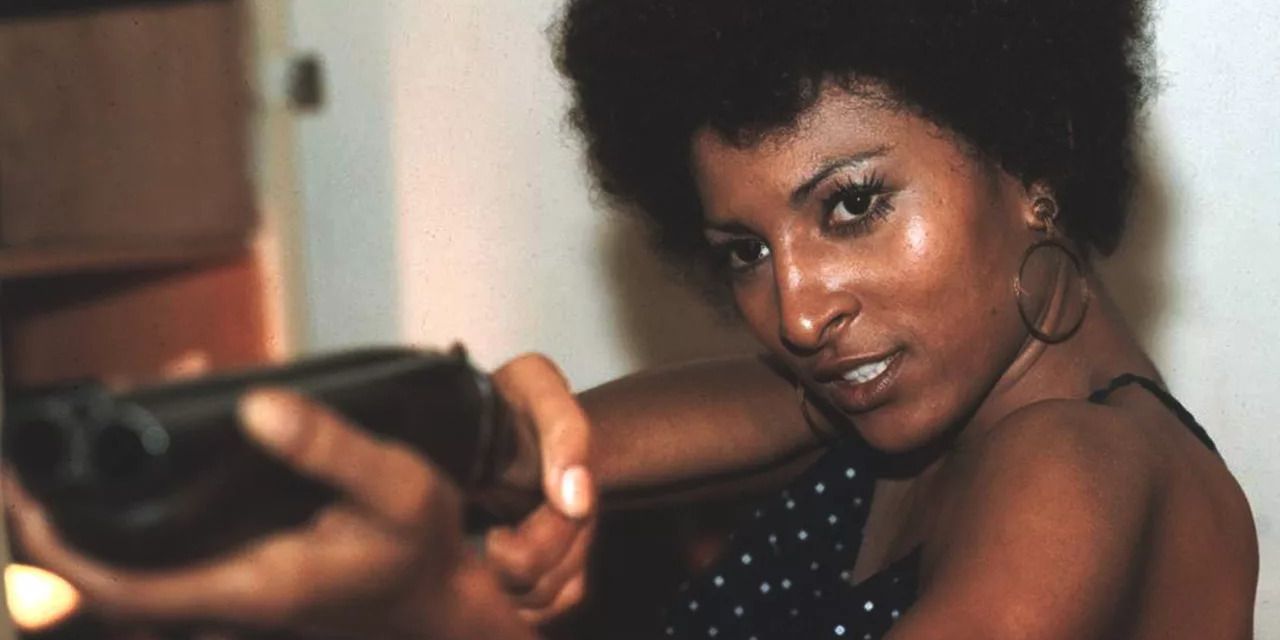
The blaxploitation classic Coffy has an awesome poster tagline: “They call her ‘Coffy’ and she’ll cream you!” Noted for its anti-drugs message (which was unusual in the counterculture early ‘70s), Coffy stars Pam Grier as a badass vigilante who seeks revenge against the drug dealer who got her sister hooked on heroin.
Writer-director Jack Hill was a major pioneer of blaxploitation cinema. He reteamed with Grier a year later to make Foxy Brown, another early classic of the genre.
Taxi Driver (1976)
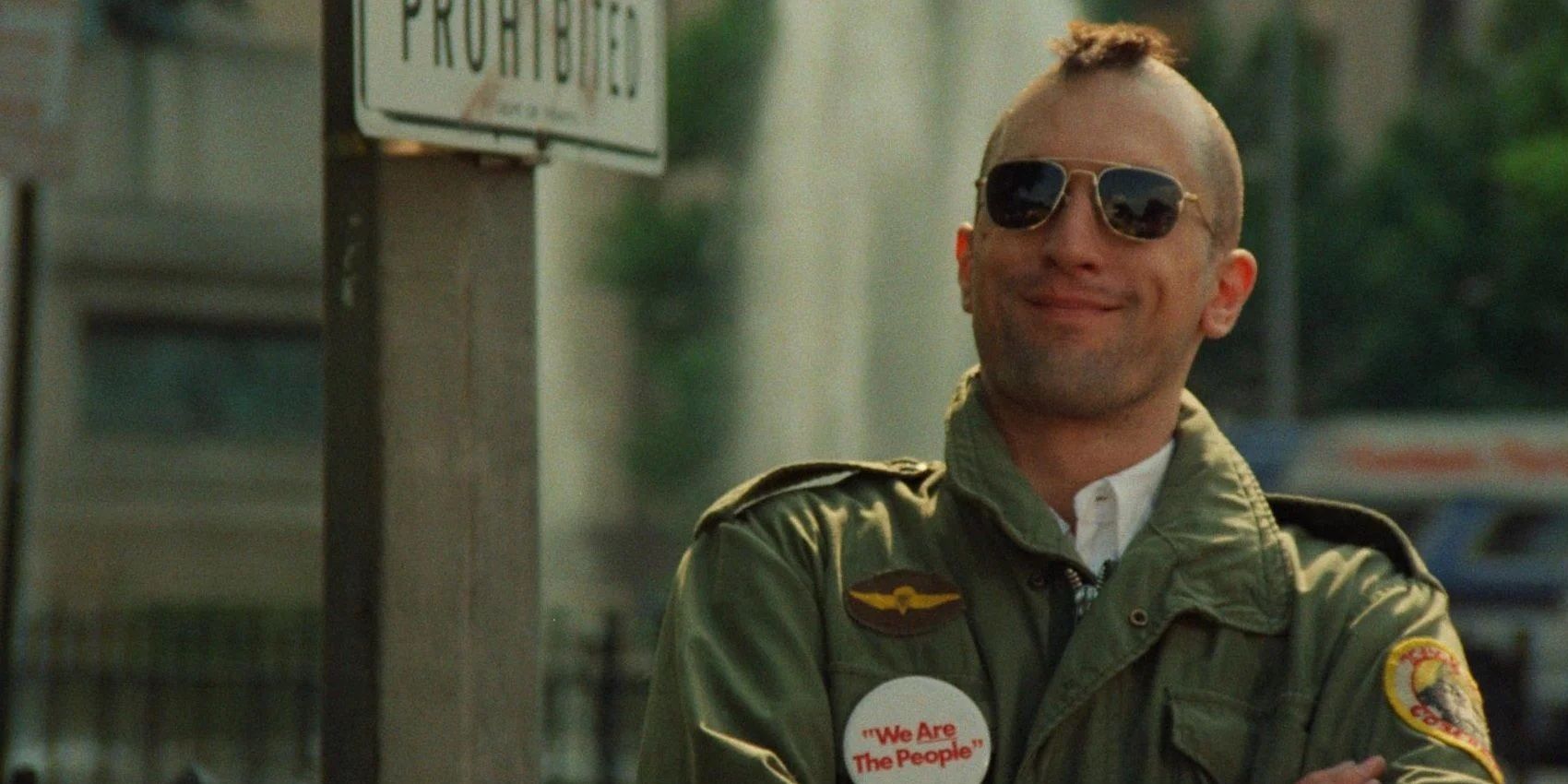
Robert De Niro gives arguably his all-time greatest performance as Travis Bickle in Taxi Driver. This movie is the peak of New Hollywood’s gritty post-Watergate neo-noirs. Martin Scorsese’s cynical look at a crime-ridden, trash-filled New York captured the paranoid zeitgeist of ‘70s America.
In telling the story of a gruff war veteran who sets out to rescue a young girl who doesn’t want to be rescued, Scorsese was heavily influenced by John Ford’s seminal western The Searchers. Screenwriter Paul Schrader connected the loneliness he faced when he was living in his car with the story of an insomniac cabbie to tell the ultimate tale of isolation.




